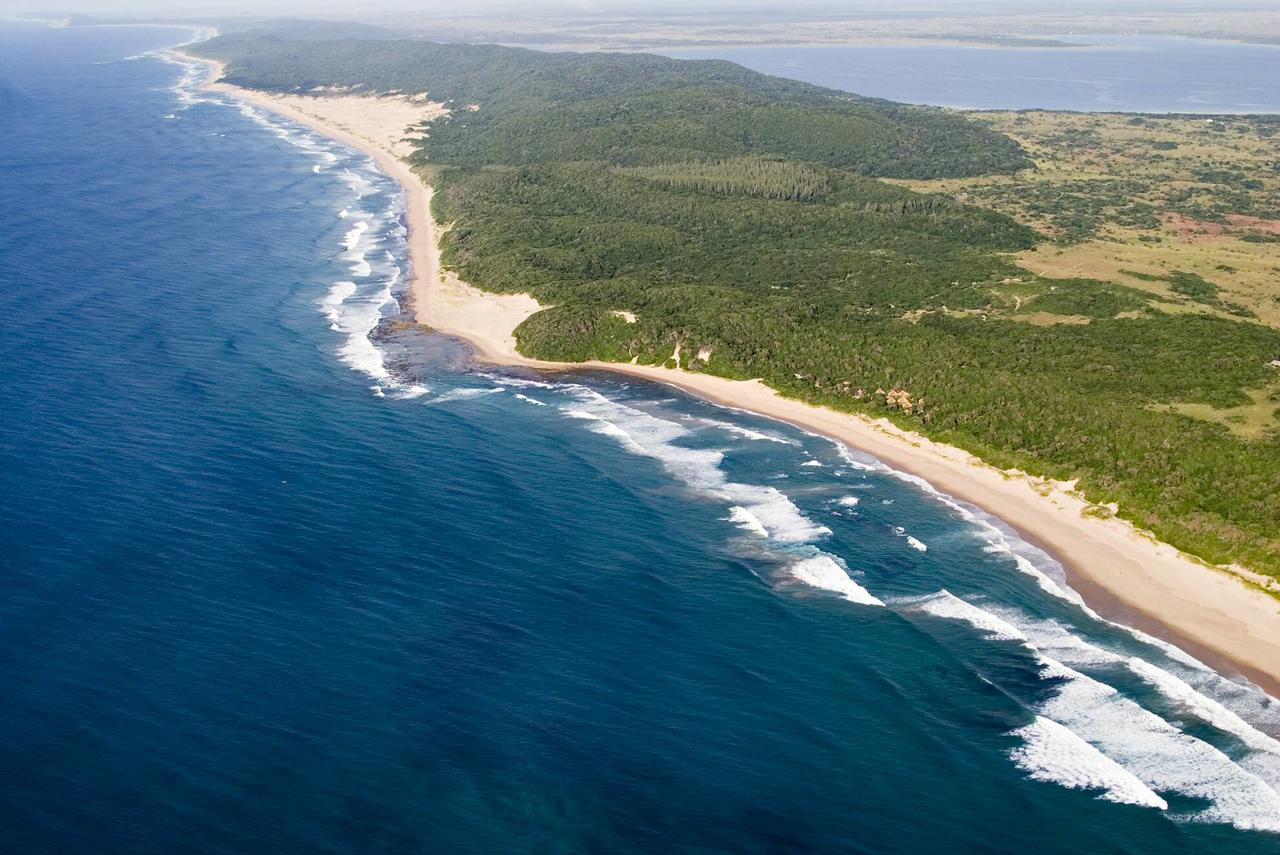NTU shortlisted for “Technical Assistance for the Global Monitoring for Environment and Security (GMES) & Africa - 2 programme”

Location: Africa
Funding: African Union Commission
We are pleased to have been shortlisted for a new exciting TA project with our long-standing client, the African Union Commission (AUC).
The African Union (AU) was officially launched in July 2002 in Durban, South Africa, following a decision in September 1999 by its predecessor, the Organization of African Unity (OAU), to create a new continental organisation to build on its work. The AU vision is: An integrated, prosperous and peaceful Africa, driven by its own citizens and representing a dynamic force in the global arena.
GMES & Africa 2 Program aims to cover the entire supply chain for services on Water & Natural Resources (e.g. land use, wetlands, land, forest resources, etc.) and Marine & Coastal areas (e.g. coastal area monitoring, ship traffic and pollution monitoring, etc.) from access to information, generation and provision of services, and engagement and capacity of users to ensure utilisation of these services.
The services provided on Water & Natural Resources and Marine & Coastal areas will contribute to a sustainable management of natural resources. Better access to information and availability of specific tools in these areas will also contribute to improve adaptation to climate change and to reduce disaster risk.
The action will support African organisations, policy-makers and practitioners, to make more effective use of Earth Observation data to develop relevant operational information services to support sustainable management of natural resources and tackling climate change.
Objectives:
The overall objective of the project of which this contract will be a part is to contribute to a more sustainable management of natural resources and tackling climate change based on Space science and technology applications.
The specific objective is to make sure that African organisations, policy-makers and practitioners make more effective use of Earth Observation data to develop relevant operational information services at national, regional and continental levels
The project is expected to start in November 2021 and the period of implementation of the contract will be 48 months.
